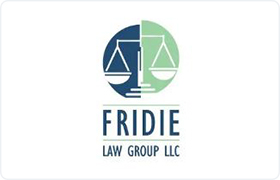Gloucester County, NJ Estate Planning Lawyers
Sponsored Law Firm
-
 x
x

Click For More Info:
-
Fridie Law Group L.L.C.
101 Route 130 Suite 306, Madison Building Cinnaminson, NJ 08077» view mapEstate Law We Fight For Your Rights
Reach out to us today for legal help on your case. We're available for free consultations and return all calls and emails within 24 hours.
800-859-9690
Includes: Gift Taxation
Richard Joseph Cogan
✓ VERIFIEDEstate Planning, Wills & Probate, Divorce & Family Law, Bankruptcy & Debt, Business Organization
Richard Joseph Cogan is a practicing lawyer in the state of New Jersey.
Arthur J. MacDonald
Estate Planning, Family Law, Real Estate, Trusts
Status: In Good Standing Licensed: 54 Years
 James Fridie Cinnaminson, NJ
James Fridie Cinnaminson, NJ Practice AreasExpertise
Practice AreasExpertise

